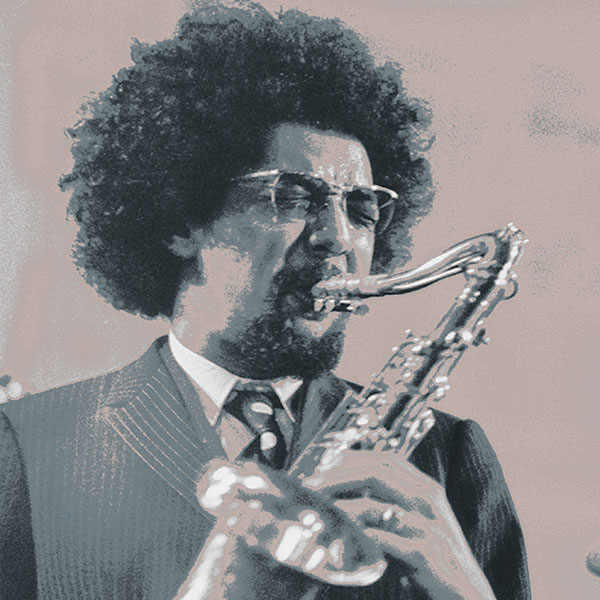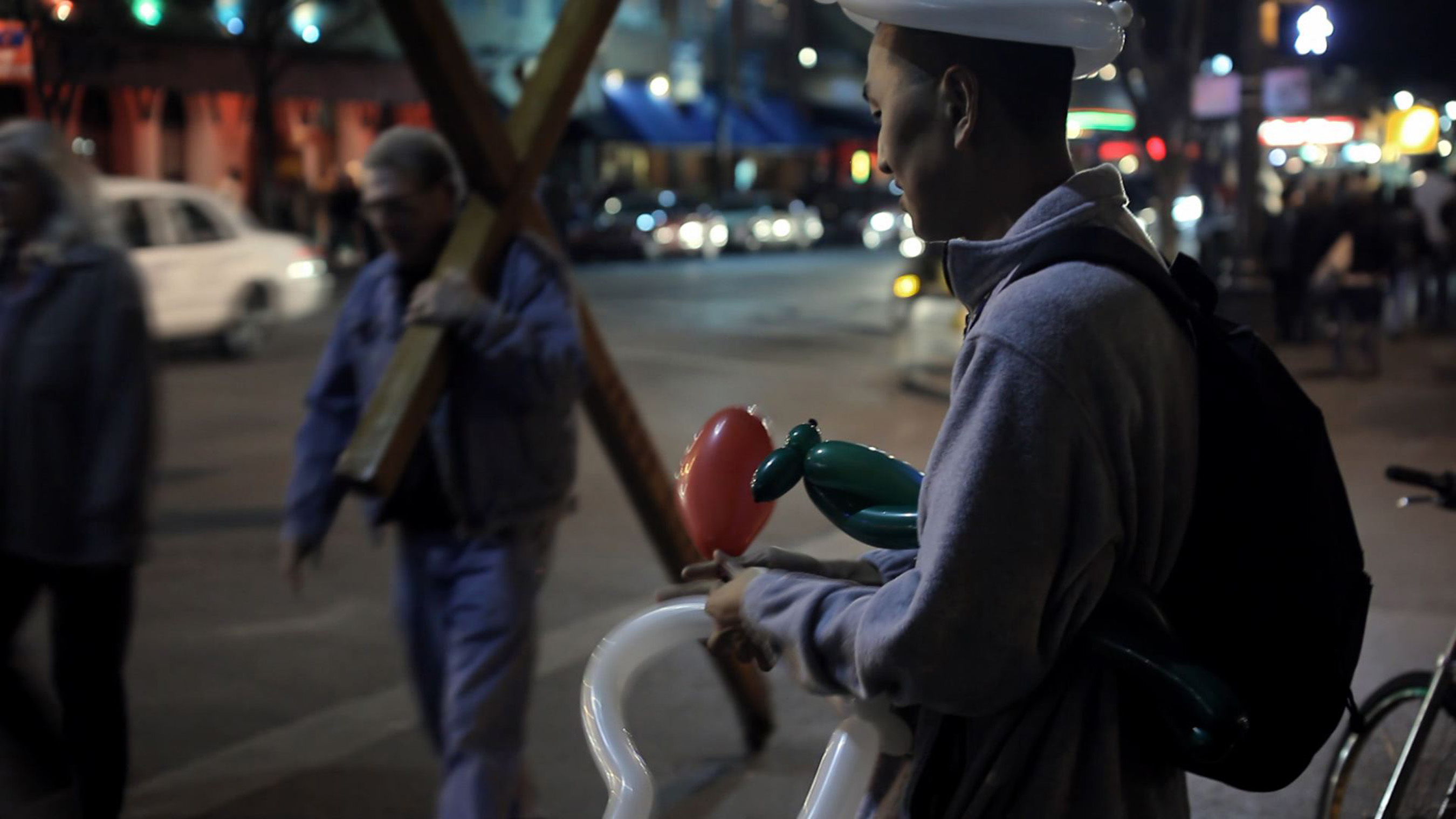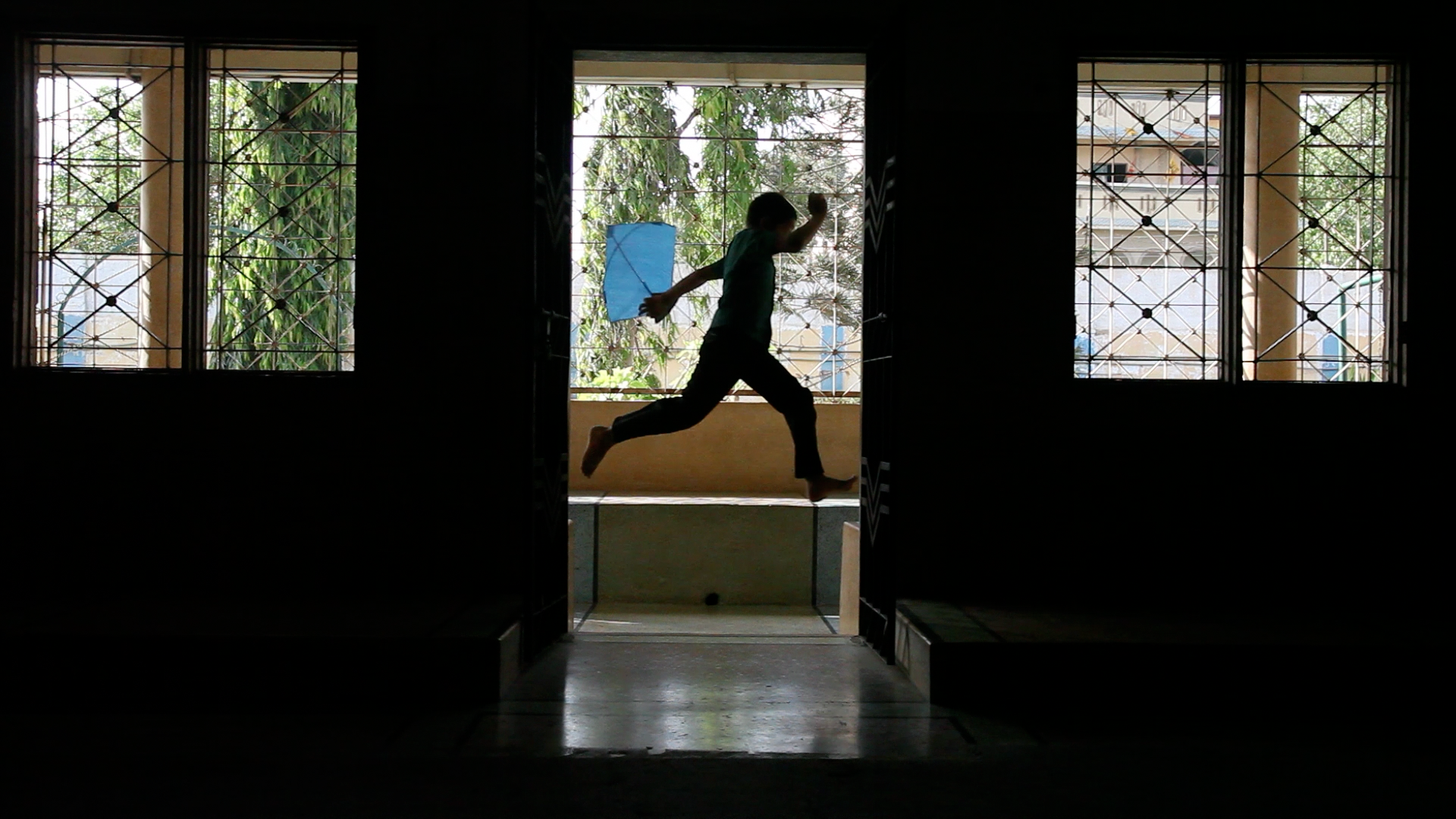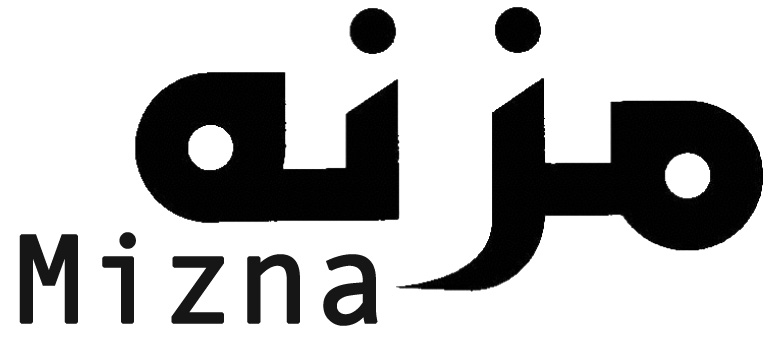5 Documentaries--Short Reviews
 05-2-2013 | tagged
05-2-2013 | tagged  Charles Lloyd: Arrows into Infinity,
Charles Lloyd: Arrows into Infinity,  Donal Mosher,
Donal Mosher,  Dorothy Darr,
Dorothy Darr,  Jeffery Morse,
Jeffery Morse,  Michael Palmieri,
Michael Palmieri,  Off Label,
Off Label,  Omar Mullick,
Omar Mullick,  The Fruit Hunters,
The Fruit Hunters,  The Machine Which Makes Everything Disappear,
The Machine Which Makes Everything Disappear,  These Bird Walk,
These Bird Walk,  Tinatin Gurchiani,
Tinatin Gurchiani,  Yung Chang |
Yung Chang |  Post a Comment |
Post a Comment |  Email Article |
Email Article | Dear readers,
Here are short reviews of five films I had watched as a member of the jury for the Best Documentary Film award in the Minneapolis/St. Paul International Film Festival. None of these films is Arab, but I do look forward to posting a long overdue review of Tawfiq Saleh's Diary of a Country Prosecutor next week.
The Fruit Hunters:
 Bill Pullman stars in The Fruit HuntersFor years I have complained about the subdued taste of fruit in America (as wells as veg and eggs). I have not been as moved by an artistic celebration of fruit in art/literature since reading Chekov’s The Black Monk. The two rather distinct subjects of fruit hunting and of the ills of mass agriculture are well integrated. The photography sensuous as it should be. Two aspects of the doc hamper the effect, regrettably: the affected, self-important narration (reminiscent of that in The Corporation, another memorable doc hampered by its narration) and the unnecessary extended focus on Bill Pullman (who inexplicably appears on the film’s poste. He’s not the star, the fruit is). It’s as if the makers intended to underscore the merit of such fruit fascination by association with celebrity--good for publicity, bad for credibility.
Bill Pullman stars in The Fruit HuntersFor years I have complained about the subdued taste of fruit in America (as wells as veg and eggs). I have not been as moved by an artistic celebration of fruit in art/literature since reading Chekov’s The Black Monk. The two rather distinct subjects of fruit hunting and of the ills of mass agriculture are well integrated. The photography sensuous as it should be. Two aspects of the doc hamper the effect, regrettably: the affected, self-important narration (reminiscent of that in The Corporation, another memorable doc hampered by its narration) and the unnecessary extended focus on Bill Pullman (who inexplicably appears on the film’s poste. He’s not the star, the fruit is). It’s as if the makers intended to underscore the merit of such fruit fascination by association with celebrity--good for publicity, bad for credibility.
Charles Lloyd: Arrows into Infinity:
 Musician extraordinair Charles LloydA fascinating, underappreciated artist not served by a ho-hum biographic documentary film. In its chronological approach, its stuffing itself with archival footage and in its well-trodden commentary on the iconoclastic 60s the film waxes far too familiar. Moreover, near two hours in length, Charles Lloyd the doc seems to aim for fervent jazz fans for its comprehensive disquisition on an American legend. Lloyd deserves another attempt at his story. I nominate Spike Lee.
Musician extraordinair Charles LloydA fascinating, underappreciated artist not served by a ho-hum biographic documentary film. In its chronological approach, its stuffing itself with archival footage and in its well-trodden commentary on the iconoclastic 60s the film waxes far too familiar. Moreover, near two hours in length, Charles Lloyd the doc seems to aim for fervent jazz fans for its comprehensive disquisition on an American legend. Lloyd deserves another attempt at his story. I nominate Spike Lee.
Off Label:
 Bearing the psychotropic cross in Off LabelA pedantic exposition about the mendacious psychotropic drug industry that does not manage to deliver on its thesis, because of its diffuse structure and its heavy-handedness. There are moments of genuine poignancy and pathos, especially regarding one luckless Korean American chap—so bright, so wretched. The mother’s account of her son’s suicide is heart-piercing and the delay in its account is one of the best editing decisions that the makers have made. Yet what of the overbearing symbolism: cross bearing, smiley faces on the shirts of miserable people—hackneyed.
Bearing the psychotropic cross in Off LabelA pedantic exposition about the mendacious psychotropic drug industry that does not manage to deliver on its thesis, because of its diffuse structure and its heavy-handedness. There are moments of genuine poignancy and pathos, especially regarding one luckless Korean American chap—so bright, so wretched. The mother’s account of her son’s suicide is heart-piercing and the delay in its account is one of the best editing decisions that the makers have made. Yet what of the overbearing symbolism: cross bearing, smiley faces on the shirts of miserable people—hackneyed.
If the film is trying to differentiate itself from films such as Sicko by focusing on the plight of the consumers, instead of on the machinations and manipulations of the drug companies then why include the account of an ex-pharmaceutical sales rep? To support the thesis that the business of psychotropic drugs is rotten? Such a point would have been argued for more convincingly by physicians and prominently stationed whistle blowers instead. Moreover, if the film’s conclusion is that we the masses are better off dumping such drugs if at all possible then why include the testimony of the “guinea pig” who managed to get his book, the vehicle of his salvation, completed because he wrote it while on ADHD medication!
The Machine Which Makes Everything Disappear:
 Seeking stardom in The Machine Which Makes Everything DisappearIt is curious to compare this film to Off Label, in that both docs are topically and structurally disintegrated and both involve personalities based on a single criterion; in the case of The Machine Which Makes Everything Disappear it is a seemingly arbitrary age group—15 to 25 (though with a single exception, just like Off Label). Yet, whereas diffusive fragmentation hampers the former it only enhances the mood of The Machine. Its eerie composition of the interview segments (most are based on 90 degree shots, generally a no-no in photography) and in its elliptical structure only deepen the pathos and entrench the melancholy. There are shots of remarkable ethereal beauty in this film. Yet, what really leaves an indelible mark is the honesty and self-awareness of young people, whose profundity in truth is a staunch rebuttal against superficial, patronizing youth cinema to which we have become so accustomed. The final testimony of the film in particular I found remarkable and canny at once—an epitaph inscribed on the tombstone of disaffected youth.
Seeking stardom in The Machine Which Makes Everything DisappearIt is curious to compare this film to Off Label, in that both docs are topically and structurally disintegrated and both involve personalities based on a single criterion; in the case of The Machine Which Makes Everything Disappear it is a seemingly arbitrary age group—15 to 25 (though with a single exception, just like Off Label). Yet, whereas diffusive fragmentation hampers the former it only enhances the mood of The Machine. Its eerie composition of the interview segments (most are based on 90 degree shots, generally a no-no in photography) and in its elliptical structure only deepen the pathos and entrench the melancholy. There are shots of remarkable ethereal beauty in this film. Yet, what really leaves an indelible mark is the honesty and self-awareness of young people, whose profundity in truth is a staunch rebuttal against superficial, patronizing youth cinema to which we have become so accustomed. The final testimony of the film in particular I found remarkable and canny at once—an epitaph inscribed on the tombstone of disaffected youth.
These Birds Walk:
 Flying if only momentarily in These Birds WalkThere is a candlelit conversation scene in These Birds Walk that's the stuff of great realist novels. The film is poignant insight into the lives of children seeking refuge and those adults who have come around to realizing not only that the state is unwilling to move to shelter its citizenry (intimations of drone strikes anyone?) but more importantly, that assisting children in dealing with their misery is an effectual way to keep such adults’ own misery in check. Despite the heart-rending milieu exposed, These Birds Walk never turns maudlin. The kids curse, bully and attempt escape and in the case of the lead character Omar, even falsify their identities (his real name turns out to be Fuad). The earnest but jaded “ambulance driver” (It’s more than an ambulance and he is much more than a driver) is a fascinating and compelling portrait of social worker in an environ that could use with so much social work than, as the “driver” knows, Edhi Foundation could ever provide. The photography suffers from the inadequate lighting, especially in so many nighttime shots, yet makes up for it in its composition and verite style movement.
Flying if only momentarily in These Birds WalkThere is a candlelit conversation scene in These Birds Walk that's the stuff of great realist novels. The film is poignant insight into the lives of children seeking refuge and those adults who have come around to realizing not only that the state is unwilling to move to shelter its citizenry (intimations of drone strikes anyone?) but more importantly, that assisting children in dealing with their misery is an effectual way to keep such adults’ own misery in check. Despite the heart-rending milieu exposed, These Birds Walk never turns maudlin. The kids curse, bully and attempt escape and in the case of the lead character Omar, even falsify their identities (his real name turns out to be Fuad). The earnest but jaded “ambulance driver” (It’s more than an ambulance and he is much more than a driver) is a fascinating and compelling portrait of social worker in an environ that could use with so much social work than, as the “driver” knows, Edhi Foundation could ever provide. The photography suffers from the inadequate lighting, especially in so many nighttime shots, yet makes up for it in its composition and verite style movement.
